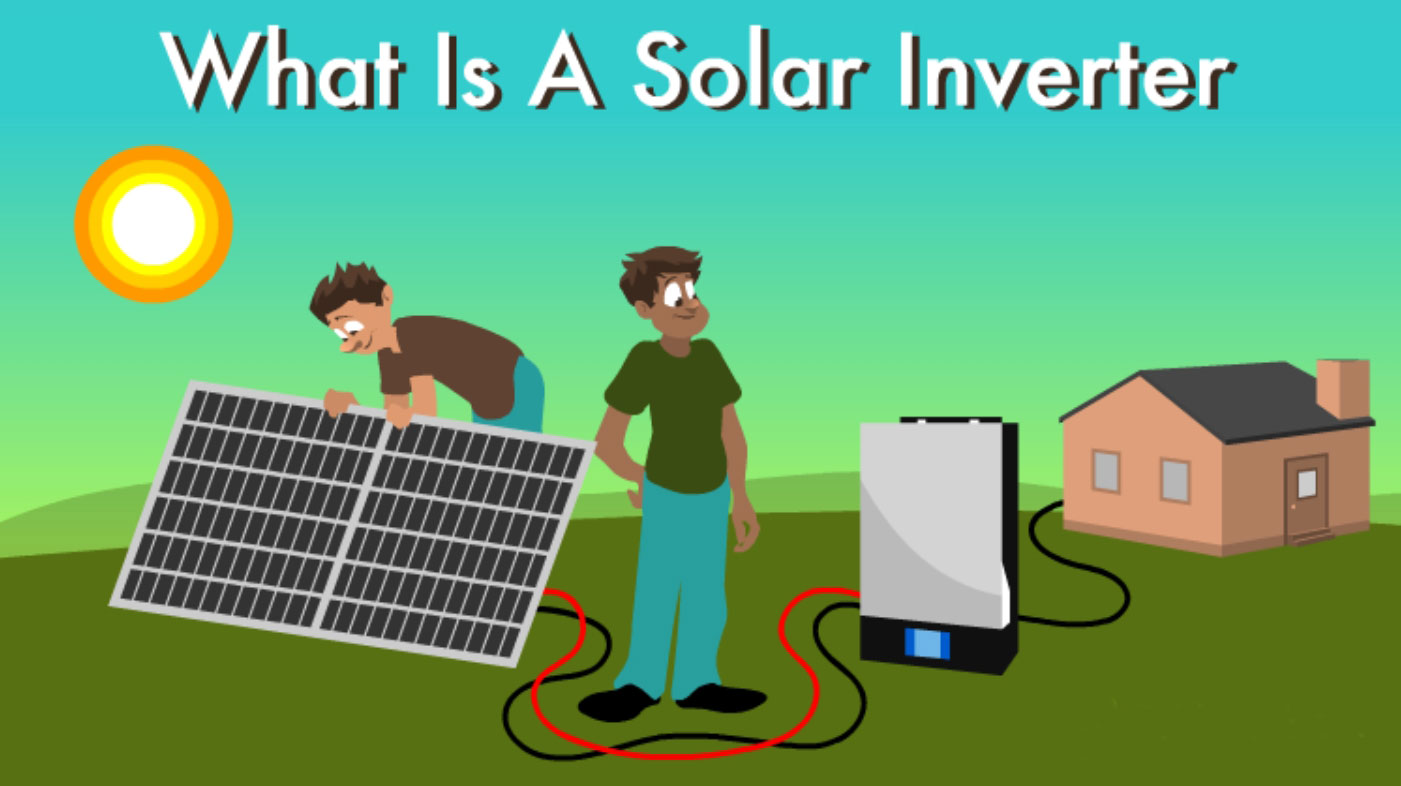
Solar inverters play a central role in building smart energy homes by facilitating the integration of solar energy generation, energy storage, energy management systems, and smart grid technologies. Here’s how solar inverters contribute to creating smart energy homes:
- Solar Energy Generation:
- Solar inverters convert the DC electricity generated by solar panels into AC electricity, which can be used to power household appliances, lighting, and other electrical devices.
- By harnessing solar energy, homeowners can reduce their dependence on grid-supplied electricity, lower electricity bills, and reduce their carbon footprint.
- Energy Storage Integration:
- Solar inverters can be paired with energy storage systems, such as batteries, to store surplus solar energy generated during the day for use during periods of low solar irradiance or high electricity demand.
- Integrated solar inverters and energy storage systems enable homeowners to maximize self-consumption of solar energy, increase energy resilience, and reduce reliance on the grid, particularly during grid outages or peak demand periods.
- Grid Interaction and Smart Grid Integration:
- Smart solar inverters support bidirectional power flow, enabling homeowners to feed surplus solar electricity back into the grid and receive credits through net metering programs.
- Advanced grid-support functions integrated into smart solar inverters, such as voltage regulation, frequency control, and reactive power compensation, enhance grid stability and support the integration of renewable energy resources into the electrical grid.
- Energy Management and Optimization:
- Solar inverters equipped with monitoring and control features allow homeowners to track real-time energy production, consumption, and battery storage levels.
- Energy management systems can optimize energy usage by prioritizing self-consumption of solar energy, scheduling appliance operation during periods of abundant solar generation, and adjusting energy storage settings based on grid conditions and electricity tariffs.
- Remote Monitoring and Control:
- Many smart solar inverters offer remote monitoring and control capabilities through online portals or mobile apps, allowing homeowners to access system performance data, receive alerts, and adjust settings remotely.
- Remote monitoring enables proactive maintenance, troubleshooting, and optimization of solar energy systems, ensuring reliable operation and maximizing energy yield over time.
- Integration with Smart Home Technologies:
- Solar inverters can be integrated with smart home technologies, such as smart thermostats, lighting controls, and home automation systems, to create a holistic smart energy management ecosystem.
- Integration with smart home technologies enables coordination of energy usage, load shifting, and optimization of energy consumption patterns to maximize energy efficiency and comfort while minimizing costs.
Solar inverters are essential components of smart energy homes, enabling efficient generation, storage, management, and optimization of solar energy resources. By leveraging solar inverters and associated technologies, homeowners can achieve greater energy independence, resilience, and sustainability while contributing to the evolution of smarter and more efficient energy systems.
